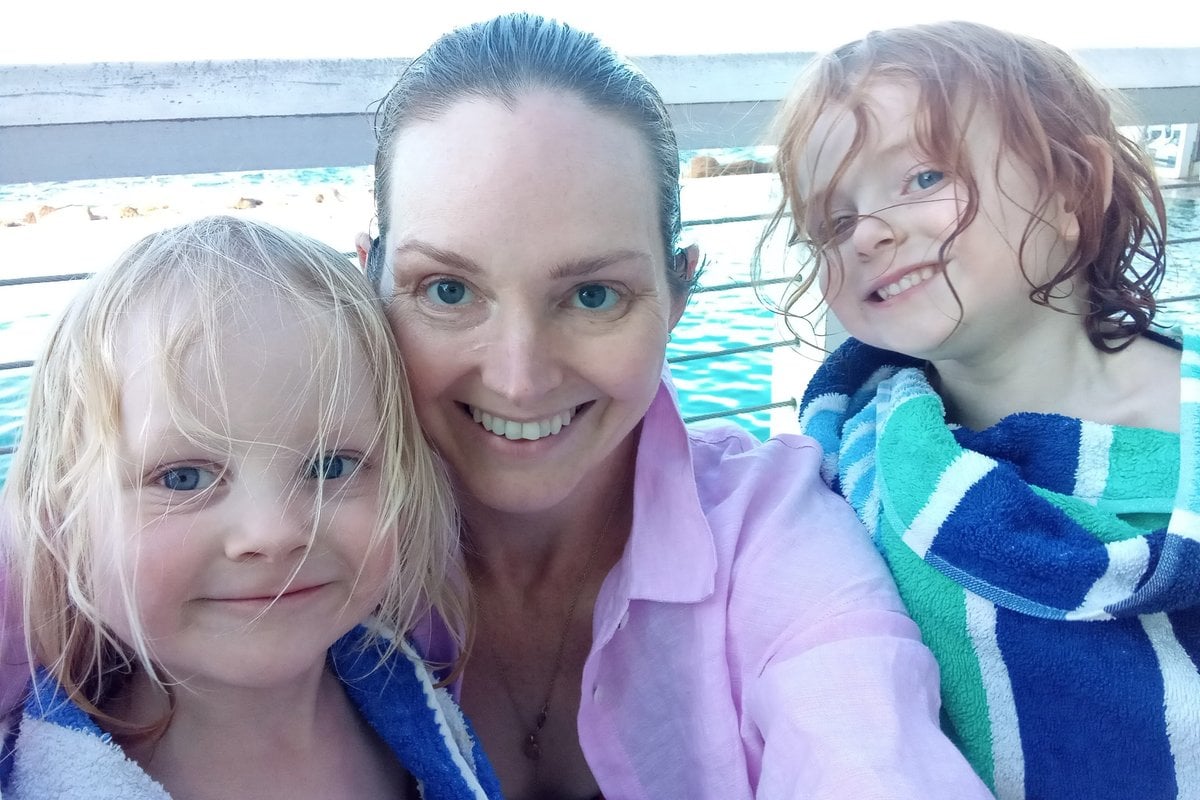
As a person who lived 37 and a half years with undiagnosed Attention Deficit Hyperactivity Disorder (ADHD) and as a parent of a child diagnosed with ADHD, the announcement this week that national evidence-based guidelines on the identification, diagnosis, and treatment of people with ADHD have been endorsed is music to my ears.
The Australian Evidence-Based Clinical Practice Guideline for ADHD developed by the Australian ADHD Professionals Association (AADPA) and approved by the National Health and Medical Research Council (NHMRC) will be a welcome addition to the toolbox of anyone overseeing the care of people living with ADHD. This includes general practitioners as well as various allied health professionals like psychologists, occupational therapists, pharmacists, and the list goes on.
Evidence-based guidelines are the cornerstone of quality healthcare. They not only reduce the time it might take an individual seeking help to achieve a correct diagnosis, but they also improve an individual's access to early interventions and management strategies, and provide a means to appropriate and individualised medication management.
Watch: Kate Page talks about adult ADHD. Post continues below.
All of this adds up - and the positive impact of it all really cannot be emphasised enough.
Evidence-based guidelines improve the quality of life and health outcomes for the target population, or group of patients. It really is that simple. In Australia, some one million people live with ADHD. That is a whopping number of people for whom the management of their ADHD could be better. And being and doing "better" is what healthcare should always be aiming for. Coupling this with an estimated annual figure of $20.42 billion, the cost of ADHD in Australia both economically and socially, the place for this guideline becomes even more obvious.

